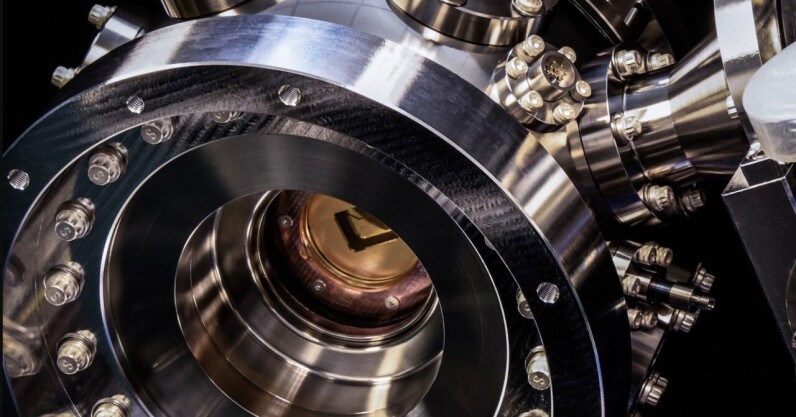
The Dawn of a New Quantum Era: Quantinuum and Microsoft Lead the Charge
Hey there, fellow tech enthusiasts! Have you caught wind of the latest quantum leap? 🚀 Quantinuum and Microsoft, two giants striding boldly in the quantum tech arena, have recently unveiled a groundbreaking achievement in reducing that pesky ‘noise’. This could very well mean we’re stepping closer than ever to the much-anticipated quantum advantage. So, what’s the big deal, you ask? Let’s dive in!
Quantum computing, that realm of computation that seems straight out of a sci-fi novel, gets bogged down by something called ‘noise’. This isn’t your everyday, please-turn-down-the-music noise, but rather internal and external disruptions causing errors in quantum calculations. Imagine trying to listen to a whisper in a storm – that’s what quantum computers have been dealing with. Until now, that is.
Traditionally, today’s quantum machinery is termed as NISQ-era devices – that’s Noisy Intermediate-Scale Quantum, for the uninitiated. These machines, though impressive, are error-prone due to all types of interference. But here’s where the plot thickens: Quantinuum, with a boost from Microsoft’s hefty investment, claims to have busted through this barrier, demonstrating logical qubits with an error rate 800 times lower than their physical counterparts. Folks, we might just be on the brink of a revolution!
“Applying Microsoft’s cutting-edge qubit virtualization system to Quantinuum’s ion-trap hardware, we conducted over 14,000 experiments sans a single uncorrected error,” the company stated. That’s quantum for “huge win”!
Logical vs. Physical Qubits: A Quick Primer
If you’re scratching your head over the difference between logical and physical qubits, fret not! Think of physical qubits as the classical bits’ quantum cousins, with the super cool ability to exist in multiple states at once (hello, quantum superposition!). Logical qubits, on the other hand, are like the superheroes of qubits – more robust, made from several physical qubits, and they come with built-in error detection and correction codes. They’re the ones doing the heavy lifting without breaking a quantum sweat.
TNW Conference 2024: Don’t Miss Out!
And hey, speaking of not missing out, the TNW Conference 2024 is just around the corner, happening on June 20-21! And guess what? There’s a virtual discount hunt going on this week. It’s essentially a treasure hunt but for tech geeks and discount lovers. Who said Easter hunts are just for kids?
So, Microsoft is dubbing this phenomenal achievement as “Level 2 Resilient” and hints at rolling out features based on these superhero logical qubits to Azure Quantum Elements customers in the near future. But, and it’s a big but, this doesn’t instantly translate to commercial gains for Microsoft’s cloud clients. We’re looking at a necessary step toward the quantum computing promise land, but there’s still a hike ahead. We’d need a battalion of logical qubits for scientific epiphanies and a quantum-classical hybrid behemoth for real commercial perks.
Yet, this breakthrough could very well be our first peek beyond the dreaded NISQ era. Who’s excited? Because I sure am! Let’s keep our eyes peeled for what’s next on this quantum journey. The future’s looking brighter (and a whole lot more quantum) from here!